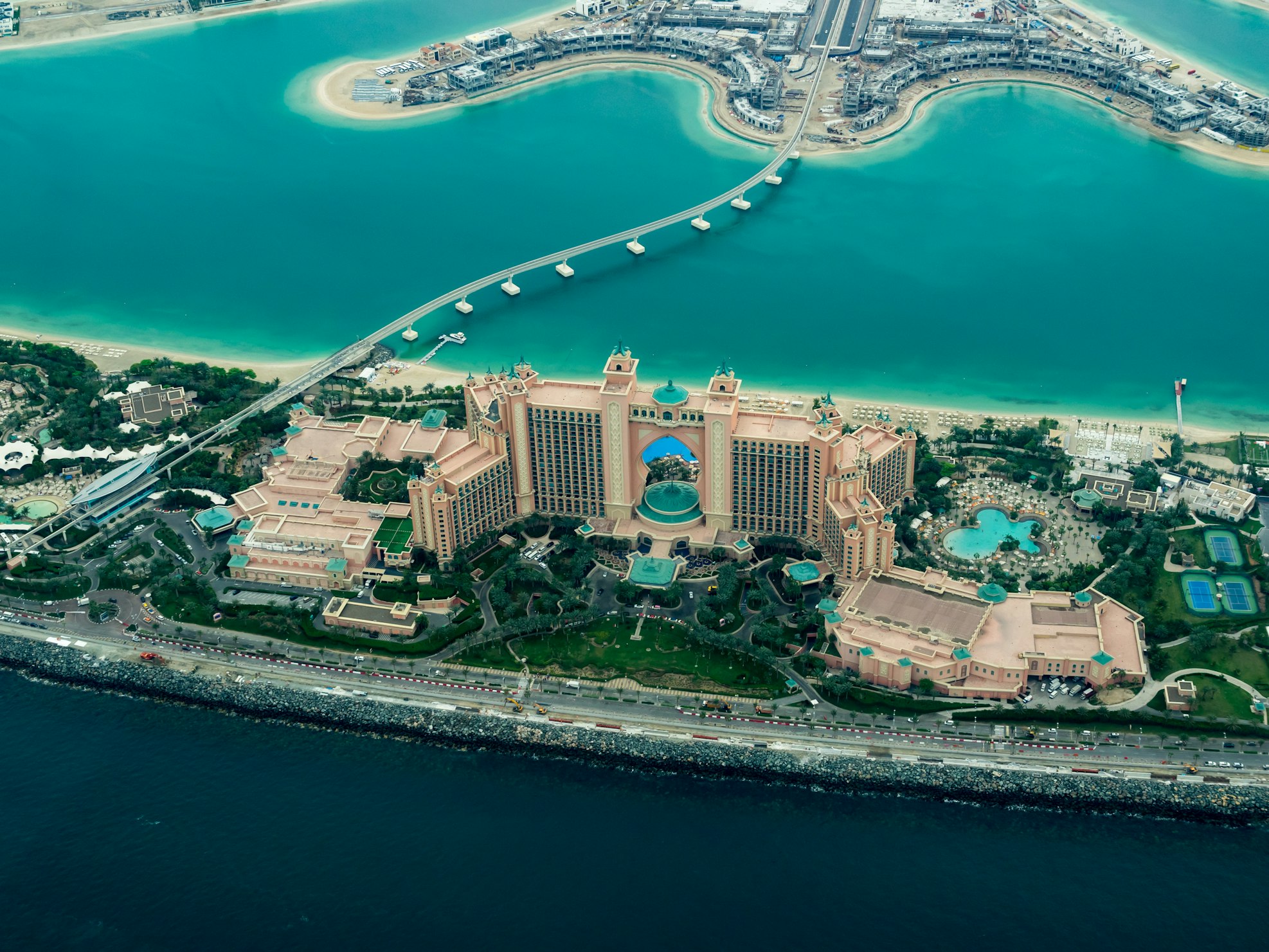Inside Dubai’s Cultural Melting Pot: A Blend of Tradition and Modernity
Dubai
is much more than glamorous skyscrapers, expensive hotels, and futuristic
attractions; it is a true cultural melting pot where traditions and modernity
coexist, and diversity is valued in all aspects of life. Dubai, home to people
of over 200 nationalities, has a cultural fabric woven from its residents'
unique cultures, dialects, cuisines, and beliefs, making it one of the world's
most lively cities. A glance inside Dubai's vibrant cultural tapestry, where
traditional Emirati heritage coexists peacefully with influences from all
around the world.
1.
A Brief History: From Fishing Village to Global Hub
Dubai's
transformation from a modest fishing and pearl-diving town to a worldwide city
has been influenced by its strategic placement along historic trade routes.
Dubai, located between Asia, Europe, and Africa, has long served as a
crossroads for people and ideas. The city's fast growth, notably since the
discovery of oil in the mid-twentieth century, has attracted foreign workers
and investors, resulting in a lively mix of cultures. This diversity has become
one of Dubai's distinguishing features and a source of pride for its citizens.
2.
Emirati Heritage: Preserving the UAE’s Roots
Dubai's cultural landscape revolves around its Emirati history. Although the indigenous Emirati community accounts for about 10-15% of the city's overall population, they play an important role in preserving Dubai's traditional character. Emirati culture is heavily entrenched in Arab customs and Islamic traditions, emphasizing hospitality, respect, and community. Landmarks such as the Al Fahidi Historical Neighborhood, Al Shindagha Museum, and Dubai Museum provide visitors with insight into Dubai's history. You may visit the historic barjeel (wind towers) and souks (markets) and learn about Bedouin culture, such as the significance of falconry, camel racing, and pearl diving.
3.
The Role of Islam: Spiritual Diversity and Coexistence
Islam
is a fundamental component of Emirati culture and the official religion of the
UAE, with mosques located across the city. The Jumeirah Mosque is one of the
most magnificent and available to non-Muslim visitors, allowing tourists to
learn about Islamic beliefs and their significance in daily Emirati life.
Islamic rituals have an impact on many parts of Dubai society, including
traditional attire and the observance of Ramadan, the holy fasting month.
Despite its Islamic roots, Dubai is renowned for its spiritual tolerance and religious diversity. The city has several houses of worship, including churches, Hindu temples, and even a Sikh gurdwara. Dubai's commitment to religious diversity reflects the UAE's broader ideals, which promote a welcoming and respectful environment for individuals of all faiths.
4.
A Culinary World Tour: Savoring Global Flavors
One of the best ways to appreciate Dubai's diversity is through its cuisine. The city is a foodie's delight, serving everything from native Emirati cuisines to worldwide street food and haute international cuisine. Traditional Emirati food, including machbous (a spicy rice and meat dish), luqaimat (sweet dumplings), and khameer (flatbread), is available in local restaurants and cultural events. Dubai's eating scene also features flavors from India, the Philippines, Lebanon, Iran, Italy, China, Japan, and a variety of other cultures, reflecting the city's multicultural populace. Food festivals like the Dubai Food Festival highlight this diversity by allowing tourists to experience international delicacies, fusion innovations, and witness Dubai's dynamic food culture come to life.
5.
The Language Mosaic: A Multilingual City
While
Arabic is the official language of Dubai, English is widely spoken and used as
a lingua franca, allowing individuals from many backgrounds to speak easily. In
addition to Arabic and English, the streets of Dubai are alive with Hindi,
Urdu, Tagalog, Farsi, French, Russian, and other languages. This multilingual
environment is most evident in Dubai's marketplaces, offices, and cultural
gatherings, where residents and visitors converse in their original languages,
resulting in a truly cosmopolitan ambiance.
6. Cultural Events and Festivals: Celebrating Diversity
Dubai holds a variety of festivals and events throughout the year, each reflecting a different part of the city's multiculturalism. During Ramadan, the city observes a month of fasting and reflection, with nightly gatherings and special meals, known as iftars, that bring people together. Dubai also celebrates global festivals such as Diwali (the Hindu festival of lights), Christmas, Chinese New Year, and Eid al-Fitr, which represent the different faiths of its citizens. Dubai's Global Village is a big cultural event in which countries from all over the world set up pavilions to showcase their distinctive crafts, food, and traditions. The yearly Dubai Shopping Festival, Art Dubai, and Dubai International Film Festival all showcase the city's multiculturalism and provide opportunities for worldwide talent to shine.
7.
The Arts and Fashion Scene: Fusion and Innovation
Dubai's
creative sector is becoming more lively, attracting artists, designers, and
creators from all over the world. Art galleries on Alserkal Avenue and in Dubai
Design District (d3) feature work that combines historic elements with
contemporary styles, representing Dubai's unique cultural mix. Art Dubai is a
key event in the city's cultural calendar, bringing together worldwide artists
to showcase unique works ranging from modern installations to traditional
Islamic art.
Dubai's fashion scene is a mix of traditional and modern designs. While abayas
and kanduras are still popular among locals, Dubai's retail districts and malls
mirror worldwide fashion trends, with everything from high-end brands to unique
designer stores. Dubai Modest Fashion Week showcases the city's influence in
the burgeoning modest fashion business, which caters to a varied,
fashion-forward audience.
8.
Educational and Cultural Exchange Programs
Dubai
has established various cultural exchange programs and institutions to foster
mutual understanding among its diverse population. The Sheikh Mohammed Centre
for Cultural Understanding (SMCCU) is a famous example, providing visitors with
opportunities to learn about Emirati traditions, customs, and values through
guided tours, lectures, and traditional feasts. SMCCU's slogan, "Open
Doors, Open Minds," symbolizes the UAE's dedication to inclusivity and
cross-cultural collaboration.

0 Comments